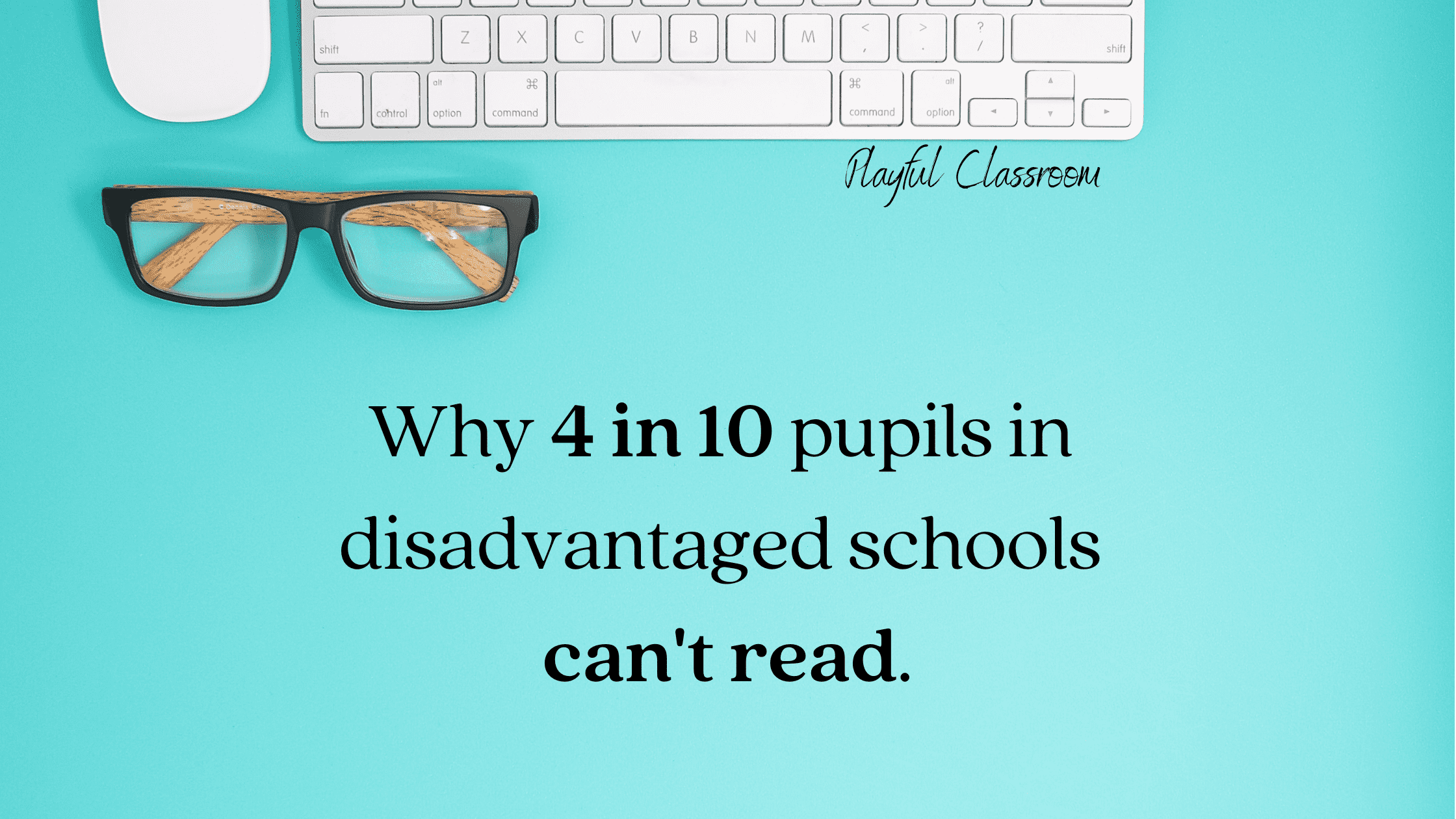Open Letter to Minister for Education, Norma Foley
5th June 2023
Norma Foley,
Minister for Education,
Leinster House,
Kildare Street,
Dublin 2
Dear Minister Foley,
I am writing to you in relation to the teaching of reading in primary schools in Ireland. As you are aware, recent PIRLS results saw Ireland among the top-performing countries in the world in literacy. NAMER also demonstrated stable levels of reading since the previous cycle in 2014. These are indeed good news stories, but looking a little deeper into the results gives us cause for concern.
In the PIRLS results, there was a “substantial and significant” gap between the scores of pupils in DEIS Band 1 schools and non-DEIS schools. In NAMER 2021, 43.2% of pupils in DEIS Band 1 schools were reading at or below a basic level of reading, compared to 21.7% of pupils in Urban non-DEIS. This reflects the previous results from 2016. Targets from the National Strategy for Literacy and Numeracy (2011) were not met.
When the DEIS plan was introduced in 2005, the predominant literacy initiative was Reading Recovery. It is a one-to-one intervention for children in Senior Infants and First Class who have difficulty with reading, carried out for up to 20 weeks. Reading Recovery also forms the basis for the class-wide intervention ‘Literacy Lift Off’, which was developed and disseminated by the PDST to schools around the country. In 2023, Reading Recovery remains to be the leading literacy intervention in DEIS schools, with Literacy Lift Off also continuing to be popular.
Every year, millions of euro are spent on the training and salaries of Reading Recovery teachers and teacher leaders. Since its introduction to Ireland, Reading Recovery has not been reviewed. University College London publishes data collected from Reading Recovery teachers across Europe but does not specify the figures pertinent to Ireland. According to their 2021-2022 report, approximately 75% of children who receive the intervention are ‘successfully discontinued’. The remaining 25% are ‘referred’ back to the school for support that is more long-term. There is no specific guidance for these children. All children who take part are reviewed at three and six months post-intervention. According to the UCL report, the ‘referred’ children were shown to have regressed, ending up a further three months behind their peers at the second follow-up.
Last month, a report by Henry May was published on the long-term impacts of Reading Recovery. This was a rigorously designed, large-scale study of 15,000 3rd & 4th Grade students, comparing the reading achievement of those who participated in Reading Recovery with those who did not. The study found that on average, Reading Recovery children ended up half to one full grade level below similar students who did not receive the intervention. Reading Recovery had a “statistically significant and substantially negative” impact on reading scores.
While causation cannot be drawn from the results of DEIS schools and May’s study, the correlation cannot be ignored. Twice as many children in DEIS band 1 schools have very low reading skills compared to non-DEIS. Despite the annual investment of millions of euro into DEIS and Reading Recovery, the achievement gap between our pupils of higher and lower socioeconomic status has not narrowed. This is not something we should be proud of, and it must be investigated. I implore you to sanction an independent review of Reading Recovery as a matter of urgency. I also urge you to pause the training of new Reading Recovery teachers until this review has been completed.
Thank you for taking the time to read this letter. I am sure that you are as concerned about the welfare and future of our most vulnerable children as I am. I would be glad to be of assistance in this matter.
Sincerely,
Deirdre O’Toole


